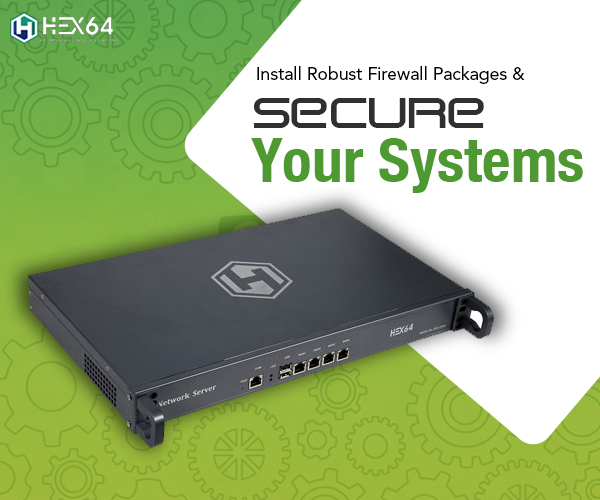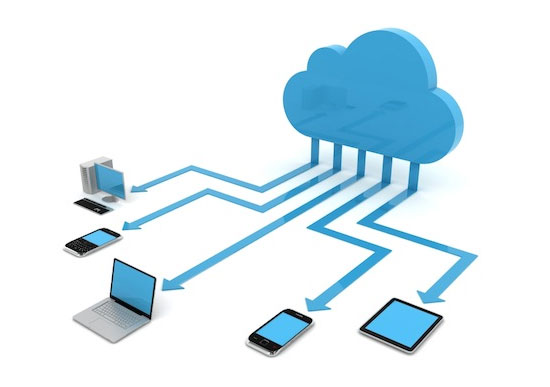When the majority of people listen to the word “audit,” Generally, it means having few outside teams come into scrutiny everything and say them what they’re doing erroneous. However, the team here at HEX64 Cybersecurity gets enthusiastic about audits, especially, while they’re network security audits, that is.
What is a network security audit, how does it work, and why should you run one?
Describe Network Security Audits
The network security audit is a method that multiple managed security service providers (MSSPs) give to their clients. In this method, the MSSP reviews the client’s cybersecurity strategies and the assets on the network to recognize any losses that placed the client at risk of a security breach.
While the particular design of the audit may shift from one MSSP to the next, a few essential moves consolidate:
• Device & Platform classification. The primary level of audit is to identify the entire assets on your network, as well as the OS they use. This is necessary to ensure that any and all threads are recognized.
• Security Policy assessment. Here, MSSP analyzes all of your organization’s security policies and methods to see if they match exactly the measures needed to protect your technology and information assets. Like- who has access to everything, and do they really want that access?
• Security Architecture analysis. Where policy reviews assess your documented processes, the architectural survey analyzes the actual controls and technologies that are in position. This distances you from the device and platform detection process to provide an in-depth review of your cyber security measures.
• Risk consideration. Here, MSSP performs a number of assessments to characterize your system (method, application, and function), identify threats, and review the control environment to determine your threats and their potential impact. This data is used to prioritize fixes with the greatest threat, which is the most obvious measure for the most inane threat, which is the most difficult to fix.
• Firewall Configuration evaluation. An appropriate security technique that any MSSP will need to review in-depth is the firewall of your network. Here, MSSP should review the topology, rule-base review, administration method, and configuration of your firewall. MSSP will also probably set policies for remote access and review to see if the firewall is up-to-date with the latest patch.
• Penetration Testing. Penetration tests serve as a set of stress analyzes for the security architecture of your network, with testers attempting to “break” your security architecture so that they can detect and fix previously-ignored issues.
After the audit is over, MSSP should present you with a full report which will tell you what they have found. This step is very important because it helps you identify the events that your company is challenging so that you can prioritize the most important improvements.

Why You Should Undergo Security Audits Regularly
Network security audits are essential because they help you identify your most important security risks so that you can protect your company from those threats. This is simple knowledge. However, network security audits are never a “one-and-one” solution. Companies should conduct such audits at least once a year.
When you attach new hardware to your network, you are generating new security endpoints – potentially generating new security vulnerabilities. New software programs — whether they are administering on personal devices or in the “cloud” as a SaaS solution — can also present new weaknesses in your security.
A new piece of hardware or a new software program running on a device may not require a major review of your security architecture. However, over a period of one year, it is easy to record how many changes your network has made. By running an annual audit, you can be fully confident about the overall rank of your network security and close any cyber security loops.
While the term “audit”, it encourages our customers to avoid the most dangerous security risks to reduce their chances of being the freshest victims of cyber security breaches.
Compared to the expense, loss of reputation, and frustration of a major data breach, the time and effort to conduct a thorough network security audit is significantly better.




